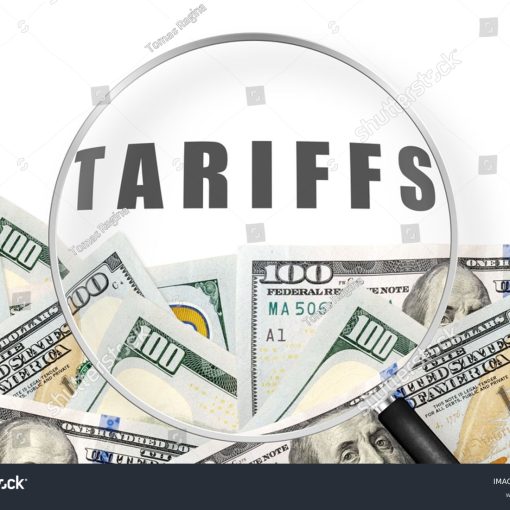Your relationship with a financial adviser is often a multi-dimensional one.
A good money manager is a financial sherpa, a trusted adviser and maybe even a family friend.
So how does one step back dispassionately and assess the relationship in a realistic and balanced way?

This is more than just about the latest portfolio statement. That’s a snapshot, a data point. To really know if your financial adviser is a cut above the rest, you need to dig a little deeper.
Here are some key guideposts.
Relative Performance
Markets ebb and flow and in the midst of a roaring bull market just about every financial adviser looks good.
So the real question to ask is this: How did your adviser fare during fallow periods like 2002, or the shock and awe crisis years of 2008 and 2009, relative to benchmark indices.
Remember, you’re paying for financial expertise. So it’s fair game to ask what you kind of performance you are getting in return.
Risk-Adjusted Performance
If you want an even more nuanced view, there are a number of statistics that financial professionals use to assess a portfolio’s performance based on return and risk.
In other words, it’s not enough to know what the percentage gain (or loss) of your portfolio is over a set period of time. You also want to know how much risk your adviser took to get that result.
If he or she is employing high-risk strategies and generating average returns, there may be a problem.
That’s the central idea behind risk-adjusted return analysis and there are a number of statistics such as alpha, beta, standard deviation and the Sharpe ratio that are well worth learning about.
Broadly speaking, these mathematical relationships compare the returns of portfolios with different risk levels against a benchmark like the S&P 500 Index and Dow Jones Industrial Average.
Owning Up to Mistakes
We all mess up, and even legendary investors like Warren Buffett stumble from time to time.
Yet that experience can be useful for advisers with an ability to think self-critically about their mistakes and learn from them.
Ask your adviser to share his biggest investing blunders and his or her analysis of why they occurred.
Humility is a much under-appreciated virtue in the investing world. If your adviser can speak openly about past misses, that’s usually a good sign.
Managing Expectations
Does your money manager keep it real? Advisers who guarantee a certain return or claim to have special predictive powers about where the market is heading next aren’t being straight with you.
Truth is, nobody knows for sure what will happen tomorrow, let alone next year. Financial markets are uncertain by nature. Sure, it’s nice to have a reassuring adviser, just one who doesn’t pretend to be omniscient.
A key attribute of a great manager is the ability to design a portfolio that’s flexible and diversified to perform relatively well in a number of different and unforeseen market conditions.
Knowing when to stick with an investment plan and when to make a mid-course adjustments is a special talent few managers have.
That Personal Touch
You want to be comfortable with your financial adviser. Does he or she take the time to listen to you and thoroughly understand your retirement needs and risk tolerance?
Do they communicate regularly? Do they respond to concerns in a timely manner? Can they articulate an investing approach in understandable language and back it up with data?
Such are the attributes of a first-rate adviser.
Find one. You deserve an investing “champion.”
Continued Learning: Risk-adjusted return 101 – What it is and why you should care
DISCLAIMER: The information in this material is not intended to be personalized financial advice and should not be solely relied on for making financial decisions.



